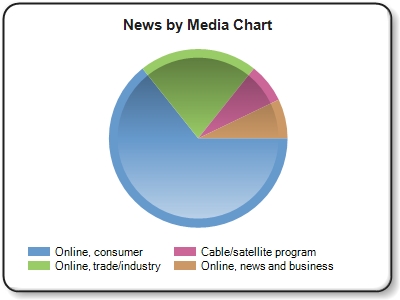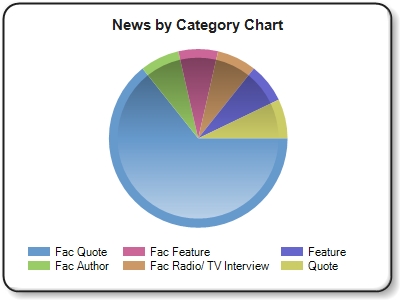Top Story
| The Costs of Campus Activism |
| American University alumna Lauren Lumpkin co-authored an article for The Nation about the emotional and mental costs to students who engage in activism following hate incidents on college campuses. Lumpkin and her co-author wrote, “Acts of racial bias draft black students into racial battles without warning, where they sustain evidence of battle fatigue, reporting skipping class, missing work and sleeping less--all in service of making change at their schools.” Lumpkin was one of ten fellows selected nationally for Black on Campus, a partnership with The Nation that features student reporting about issues of national consequence to black college students. School of Communication Assistant Professor Sherri Williams is the initiative's co-director. Note: This article may require a subscription to view online. (5/23) |
Additional Feature
| New Discovery Links Nicotine with Obesity-Fighting "Beige" Fat |
| FierceBiotech covered research by Alexander Zestos, assistant professor of chemistry, about the discovery of a brain receptor and signaling pathway that spurs beige fat cells to burn energy, revealing a possible target for obesity therapies in humans. Zestos said, “Until recently, we thought this pathway primarily existed in brain cells… It raises all sorts of new questions.” (5/21) |
Faculty Author
| Doing More With Less: How to Optimize U.S. Counterterrorism |
| Stephen Tankel, assistant professor in the School of International Service, wrote an article for War on the Rocks about U.S. counterterrorism efforts. Tankel wrote, “It's beyond time, however, to find ways to make the U.S. counterterrorism both more effective and efficient.” (5/22) |
Expertise
| Trump, His Critics, and the Basic Divide Over the FBI |
| Chris Edelson, assistant professor of public affairs, spoke to The Christian Science Monitor about President Trump's feud with the FBI and the Mueller investigation. Edelson said, “There are many different pathways. When you read about the past, you know how it is going to turn out. When you're living through it, you don't know.” (5/21) |
| Russia Investigations Could Affect Midterm Congressional Elections, Experts Say |
| Capri Cafaro, executive-in-residence in the School of Public Affairs, spoke to USA Today about the impact the Russia investigations could have on midterm elections. Cafaro said, “If you're in an early voting state, revelations from the investigations could have an impact even if they happen in August or September.” (5/20) |
| Trump's Hypnosis of the Republican Party Is Complete |
| Distinguished Professor of History Allan Lichtman spoke with Salon about President Trump's attempts to stop investigations into alleged crimes involving himself or those around him. Lichtman said, “There are some examples of this kind of interference and they are quite lamentable episodes of American history. Certainly nothing any president would want to emulate in any way.” (5/22) |
| After Vote, Malaysia's Real Test Approaches |
| School of International Service Professor Pek Koon Heng-Blackburn spoke to U.S. News & World Report about the Malaysian elections. Heng-Blackburn said, “The rural support base voted with its pocketbook and not with the fears of being abandoned, or having special privileges abandoned.” (5/22) |
| The Factory That Oreos Built |
| Manissa Maharawal, assistant professor of anthropology, spoke to the Smithsonian Magazine about the relationship between gentrification and social good. Maharawal said, “Based on my research and the work of the Anti-Eviction Mapping Project on evictions, housing and gentrification in the Bay Area, Google and the tech industry as a whole has not been a ‘good neighbor.' In fact… their presence in the region has contributed to the housing and affordability crisis.” (5/21) |
| What 'Demonstrated Interest' Means in College Admissions |
| Andrea Felder, assistant vice provost for undergraduate admissions, spoke with US News & World Report about 'demonstrated interest', a factor that some universities consider while making admissions decisions. Felder said that at AU, "it's certainly a factor, but it's not the factor that will warrant admission for a student." (5/21) |
| Why Do White Americans Call the Police on People for #LivingWhileBlack? |
| School of Communication assistant professor Sherri Williams appeared on Al Jazeera English for a panel discussion about the dangers of racial profiling and the implications of calling the police on black people who have not committed any crimes. “In this country we actually have to be instructed on when and when not to call the police on black people because for decades, centuries, we have had laws that have regulated black existence in the public,” Williams said. (5/23) |
|



